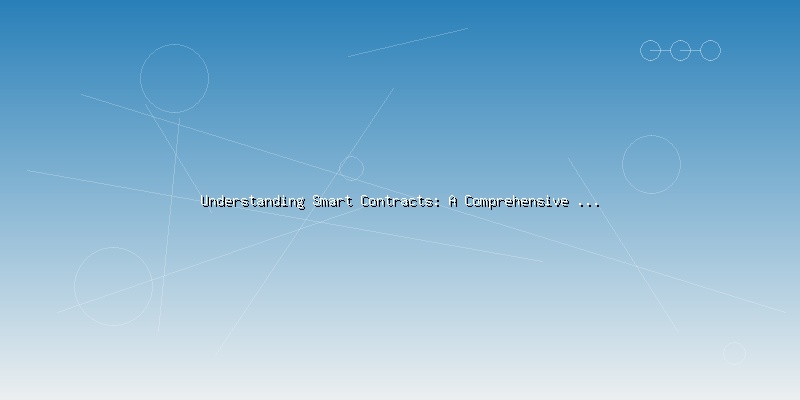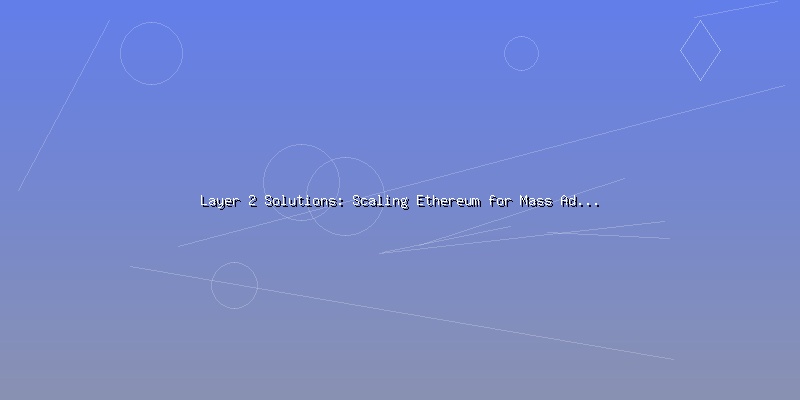Understanding Smart Contracts: A Comprehensive Guide for Beginners
Smart contracts represent one of the most revolutionary innovations in blockchain technology, fundamentally changing how we think about agreements and automated execution of terms. These self-executin...

Related Articles

The Future of Decentralized Finance: Trends and Predictions for 2024
Decentralized Finance (DeFi) has revolutionized the traditional financial landscape, offering unprec...

NFTs Beyond Art: Exploring Real-World Applications and Use Cases
Non-Fungible Tokens (NFTs) have transcended their initial association with digital art and collectib...

Layer 2 Solutions: Scaling Ethereum for Mass Adoption
Ethereum's journey toward mass adoption has been significantly hindered by scalability challenges, w...
Don't Miss Our Latest Updates
Subscribe to our newsletter and get the latest cryptocurrency news, market analysis, and exclusive insights delivered to your inbox.